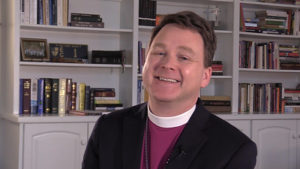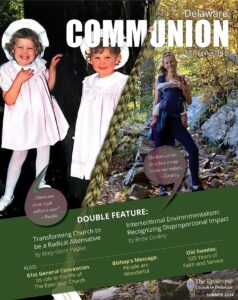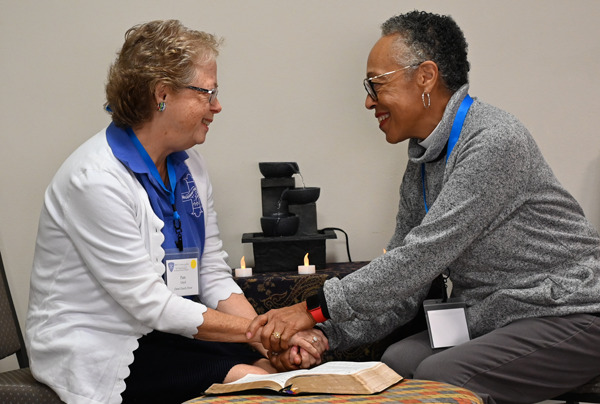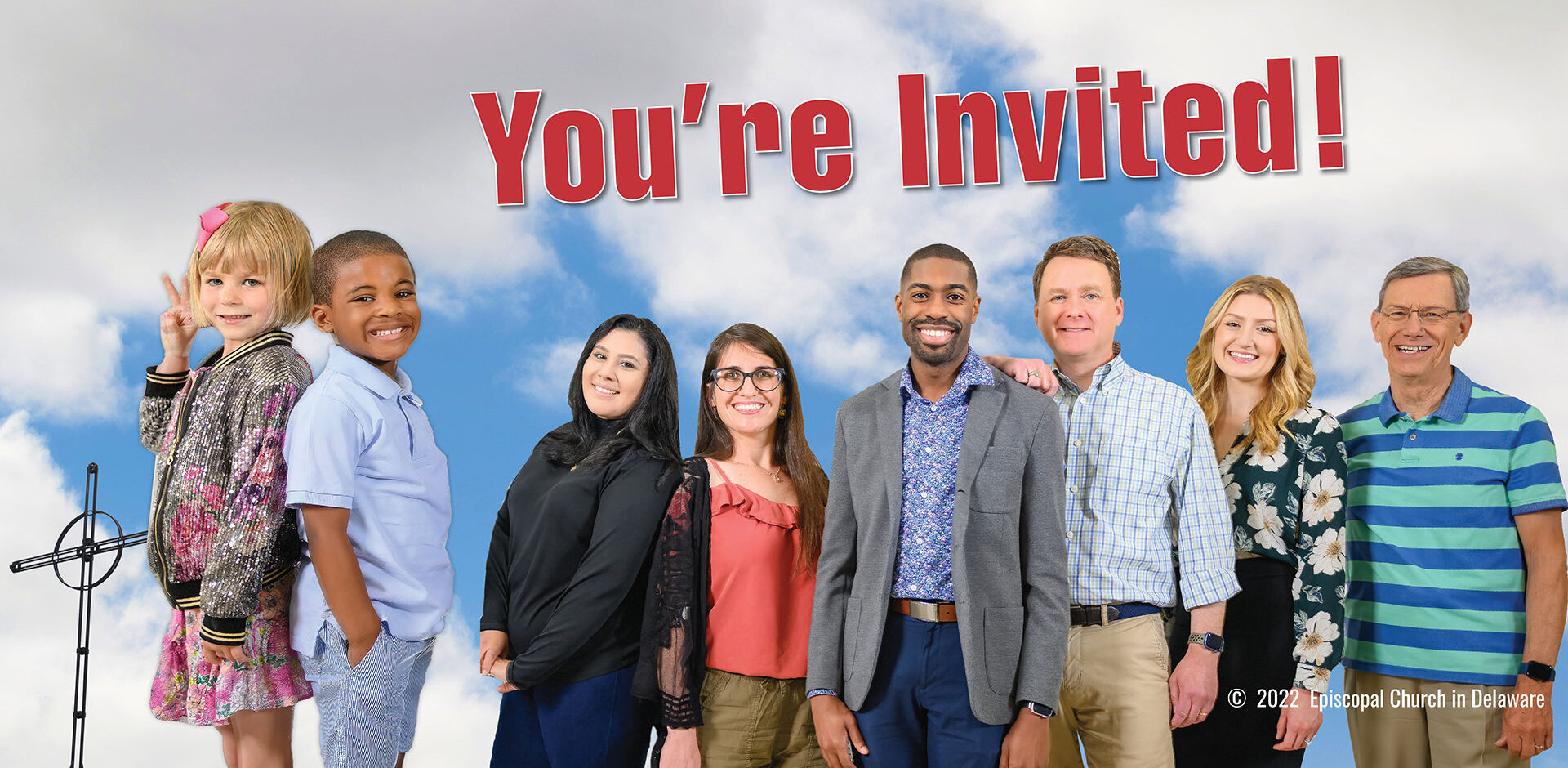
Episcopal News
latest headlines, summaries, stories
- Episcopalians encouraged to apply for positions on church’s interim bodies for 2025-27
[Episcopal News Service] The Episcopal Church’s presiding offices are looking for a few hundred Episcopalians interested in volunteering their time on what are known as interim bodies, carrying out the
- United Methodists elect a third openly gay, married bishop
[Religion News Service] The first two openly gay and married bishops in the United Methodist Church were elected to their positions under a cloud. The denomination’s rulebook did not allow LGBTQ+
- General Synod in Aotearoa, New Zealand and Polynesia approves youth audit
[Anglican Taonga] General Synod has approved an audit of young people’s participation in the decision-making bodies of the Anglican Church in Aotearoa, New Zealand and Polynesia, as part of a
- United Methodist-Episcopal Dialogue to begin next steps toward churches’ full communion
[Episcopal News Service] The Episcopal Church is beginning work on the necessary next steps in advance of 2027, when the 82nd General Convention can vote on full communion with the
- UN Human Rights Council adopts resolutions on child safety, digital justice and health
[World Council of Churches] The recently concluded 56th United Nations Human Rights Council adopted 25 resolutions related to children, climate, health and more. One resolution gives the U.N. the mandate
- Churchwide celebrations planned around July 29 to mark 50 years of women’s ordination to priesthood
[Episcopal News Service] July 29 will mark 50 years of women’s ordination to the priesthood in The Episcopal Church, and Episcopalians across the church are preparing this month to celebrate
- Kara Wagner Sherer ordained and consecrated 9th bishop of Rochester
[Diocese of Rochester] The Rt. Rev. Kara Wagner Sherer was ordained and consecrated as the ninth bishop of the Diocese of Rochester on July 13 at Asbury First United Methodist
- New ‘halo’ heating chandeliers will help take the chill off Australia cathedral
[The Melbourne Anglican] St. Paul’s Cathedral in Melbourne, Australia, with its soaring ceiling, is not known for its warmth. However, that is about to change. The cathedral will trial United Kingdom-designed
- Anglican Alliance announces appointment of new executive director
[Anglican Communion News Service] The Anglican Alliance has announced the appointment of its new executive director, Robert Dawes. He will take over the leadership of the Anglican Alliance when the
- RIP: Sanford “Sandy” Hampton, who served as a bishop in three dioceses, dies at 89
[The Episcopal Church in Western Oregon] The Rt. Rev. Sanford “Sandy” Hampton, who served three dioceses as a bishop, died June 28 in San Diego, California. He was 89. In





